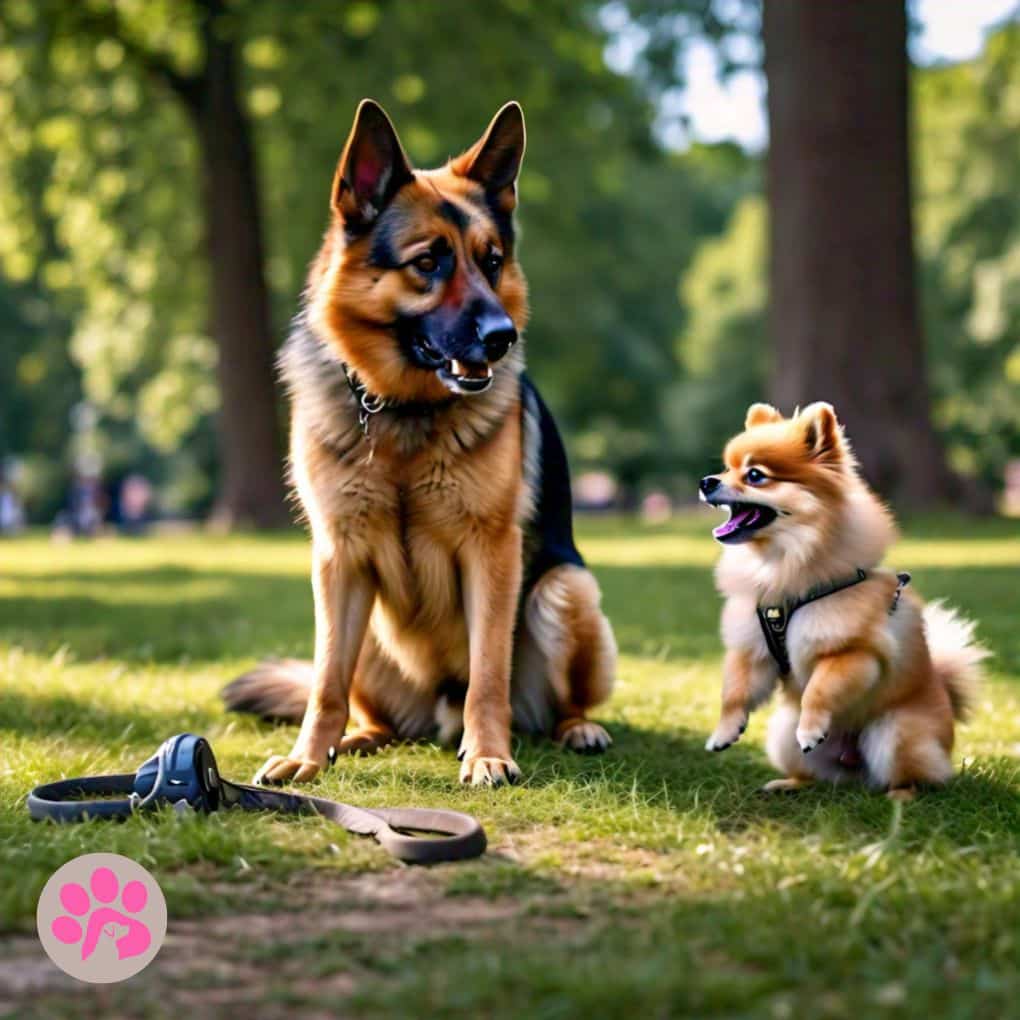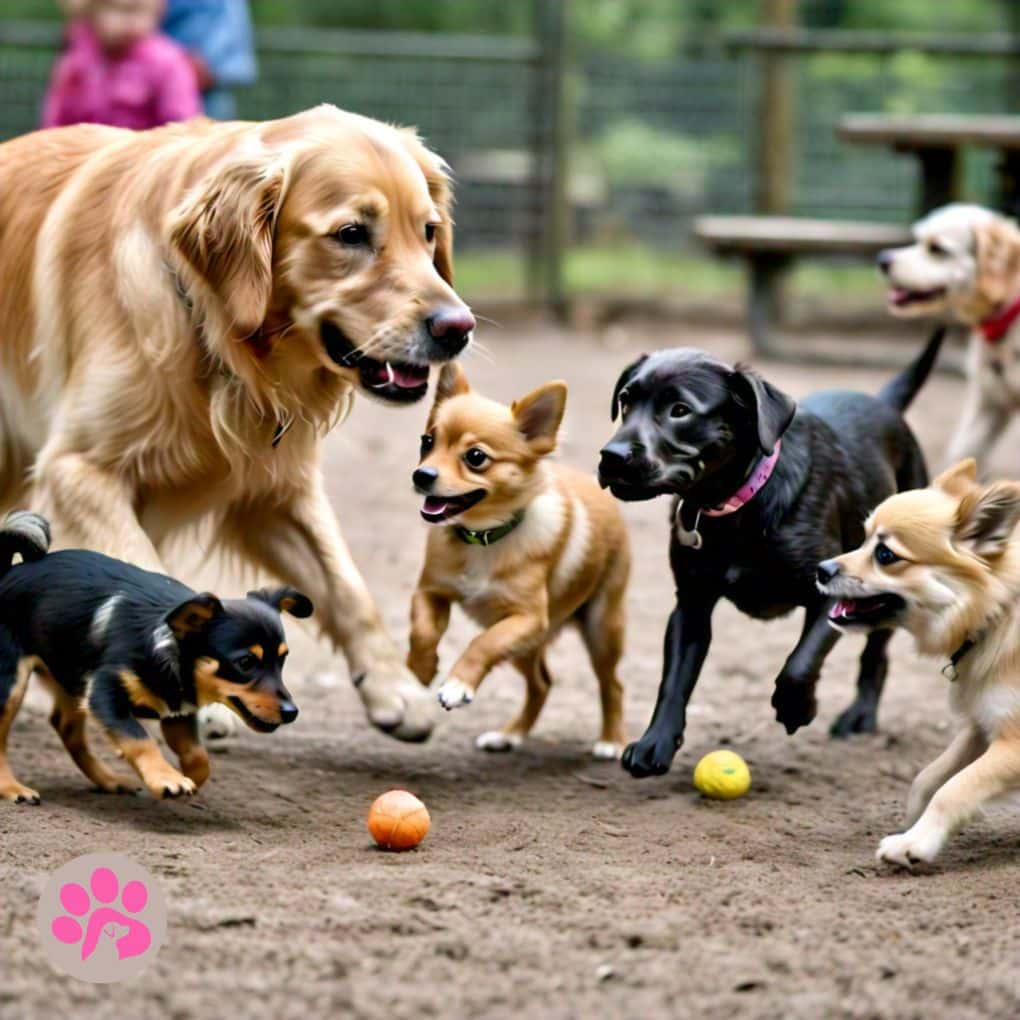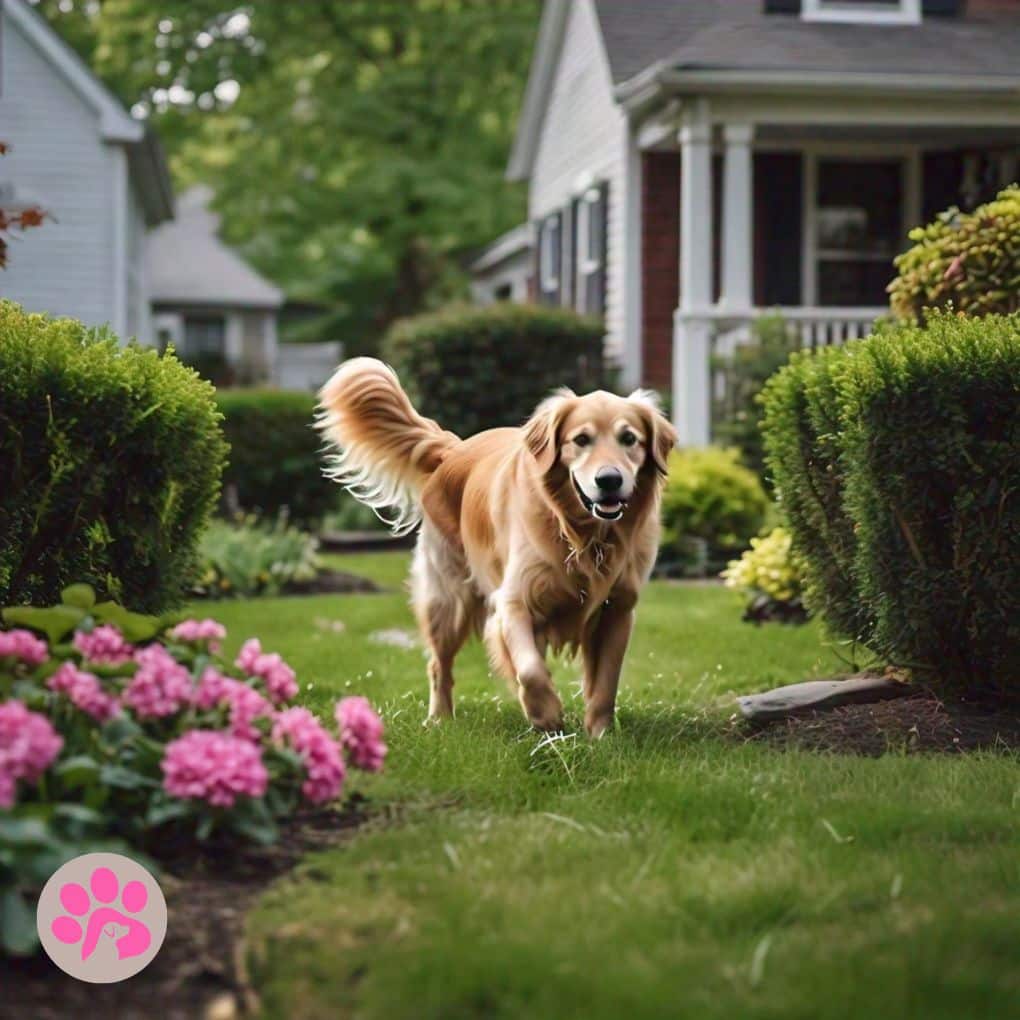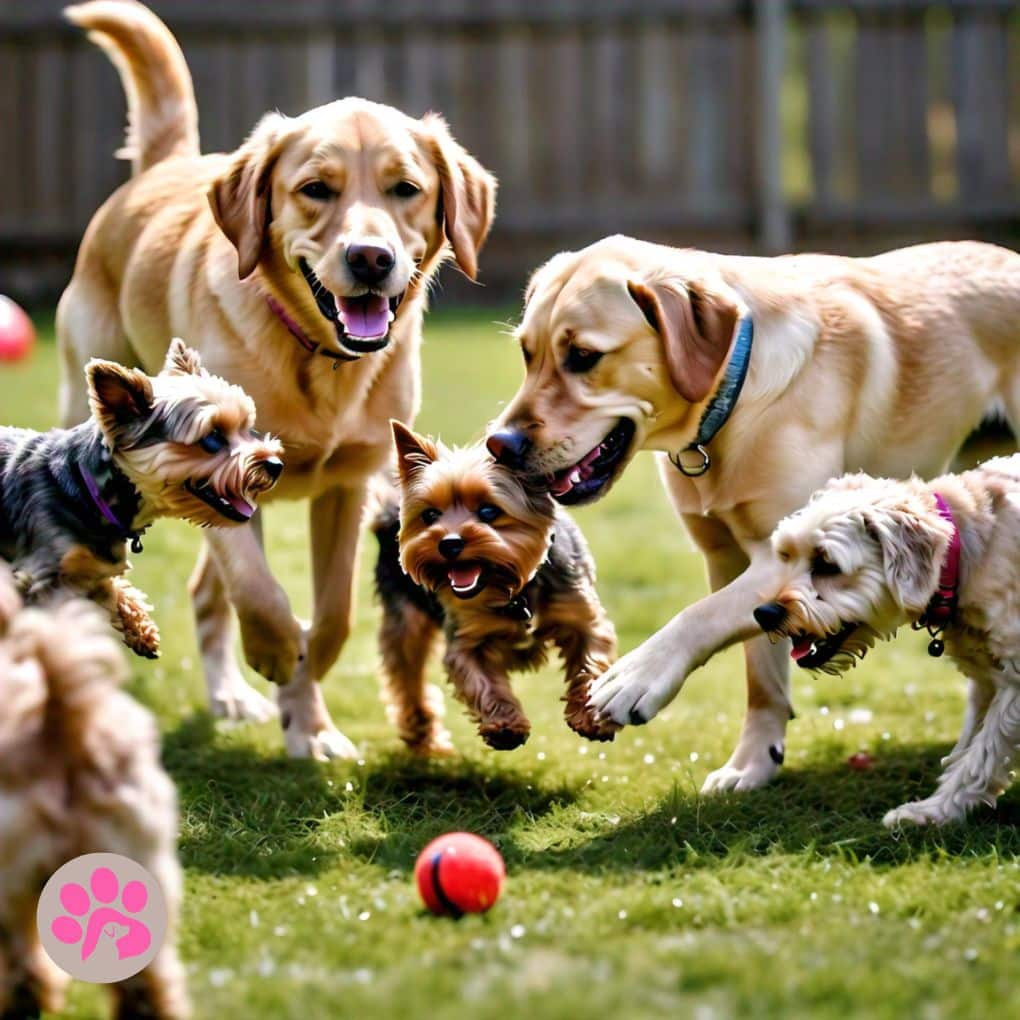Did you ever notice that small dogs don’t seem to be scared of bigger dogs? They change from being cute little balls of fluff to barking like crazy at a dog five times their size! They seem to believe they are the most powerful dogs in the park and are ready to fight anyone. But what are those little brains really thinking? When the world comes in the form of a much bigger dog? Why do little dogs act like they can handle it?
There’s more to this little dog’s attitude than meets the eye. Small dogs often think they can handle anything. This could be because they’re trying to protect their territory, are a little nervous, or are just full of confidence. This piece goes into detail about why small dogs puff out their chests and stand tall (figuratively, of course!). And when they see bigger dogs and how to handle this sassy behavior.
Territorial Instinct in Small Dogs:
These dogs often have an incredibly strong territorial instinct, which drives their feisty attitude toward larger dogs. This instinct can make them feel the need to protect their space. No matter how big or intimidating the perceived threat might be. For these dogs, size isn’t something they factor in when it comes to defending their territory. It does not matter if it’s their favorite spot in the living room, their corner of the yard, or even their human’s lap. When a big dog steps into what they consider their domain. These dogs often spring into action, barking and posturing in an attempt to assert dominance and warn the larger dog to back off.

This territorial behavior is less about picking a fight and more about sending a clear message: “This is my space, and you’re not welcome here.” These dogs often view themselves as the protectors of their turf and, by extension, their owners. It’s their way of safeguarding what they hold dear. Even though their size may suggest vulnerability. But their bold behavior is driven by a sense of duty to defend their home and loved ones. In many cases, this territorial instinct can be heightened if the small dog feels particularly attached to a person or area, making them extra defensive when a larger dog comes near. Their bark may be bigger than their bite, but in their minds, they’re the bravest defenders around!
Fear-Based Aggression:
Another common reason why small dogs seem ready to fight much bigger animals is that they are angry out of fear. An awful lot of small dogs act scared, even when it looks like they’re being brave or mean. There are times when they feel threatened by a bigger dog and don’t know what to do, so they bark, growl, or even snap to try to scare the bigger dog away. Because they see this person as a real threat, they act aggressively to protect themselves.
A lot of the time, small dogs act this way to protect themselves. They think that if they look tough, the bigger dog will back off. “I’m scared, but if I act really bad, you might leave me alone!” When dogs are young, they might be more mean because they are afraid of getting hurt and think they need to get bigger to stay safe. Being aware of the signs of fear-based violence is important. To help your small dog feel more comfortable around bigger dogs, socialize, train, and praise them. Taking care of their fear usually makes them less angry, which makes exchanges less violent.
Small Dog Syndrome in Small Dogs:
People call it “Small Dog Syndrome” when some small dogs act and feel much bigger than they really are because they’re so sure of themselves and their power. There’s no doubt that this little dog has a big personality! These little dogs might be bossy, bark a lot, or even go up against much bigger dogs without thinking twice. Sometimes this behavior might seem cute or funny, but if it isn’t fixed, it can cause problems.

Small dogs often get this “syndrome” because their owners show them a lot of love and attention, which makes them think they’re in charge.Little dogs can become bossy when they don’t have clear rules or aren’t trained properly. This can happen in the house or when they play with other dogs. You can encourage this behavior by picking up your dog too quickly or during playtime. This will teach the dog that being bossy or mean works.
To keep your small dog from getting Small Dog Syndrome, you should treat it like any other dog by giving it orders, training, and clear limits. If you teach your little dog the right things, they can be strong and well-behaved without having to fight dogs twice their size.
Confidence Overload:
One of the funniest things about small dogs is that they can have too much confidence. Most of the time, these little dogs are too sure of themselves and act like they can take on the world. Even if that “world” is a dog three times their size! When small dogs have too much confidence. They’ll strut around carelessly, puffing out their chests, barking loudly, and sometimes even challenging bigger dogs. They almost look like they don’t know how small they really are.
They often have this over-the-top confidence because they are brave. A lot of small dogs don’t feel scared around bigger dogs; instead, they see themselves as equals or even better than the bigger dogs! This fearlessness comes from the fact that they are always excited to explore, protect, and stand up for themselves, no matter what. This can be cute, but it can also get the little dog into fights with bigger dogs, who might not like how brave the little dog is acting.

The owners of these brave little dogs should help them learn how to get along with other dogs so that their bold behavior doesn’t cause problems. Though small dogs should have confidence, they need to be told when to calm down and how to get along with bigger dogs without getting tangled up.
Lack of Socialization:
Big dogs might be mean to these dogs because they haven’t met many new people. Your little dog might not know how to act around bigger dogs if you don’t train it well, which could make it scared or defensive. If they didn’t get to know different dogs and surroundings when they were young, they might feel scared or threatened when they meet a bigger dog for the first time. They might respond too strongly and bark, growl, or lash out to protect themselves. Socializing with other dogs of all sizes on a regular basis helps small dogs gain confidence, understand dog body language, and learn how to play and connect with other dogs in a way that doesn’t make them angry.
Attention-Seeking Behavior in Small Dogs:
They may also fight with bigger dogs because they want attention. Sometimes they want to be noticed, and they know that barking at or challenging a bigger dog will get them what they want. So whether it’s their owner jumping in to stop them or others responding. They know that making a scene gets them attention. They think that attention, even bad attention, is still attention. Little dog owners who regularly respond to their dog’s behavior by giving them extra attention can make this behavior stronger over time.
Lots of good things should happen when your dog isn’t hurting anyone. This will stop them from acting out like this. To get the attention they need in a healthy way, give them enough mental and physical challenges. Give them enough praise when they behave well. If you let them, your little dog will learn that they don’t need to fight with bigger dogs to get the love they want.
